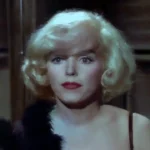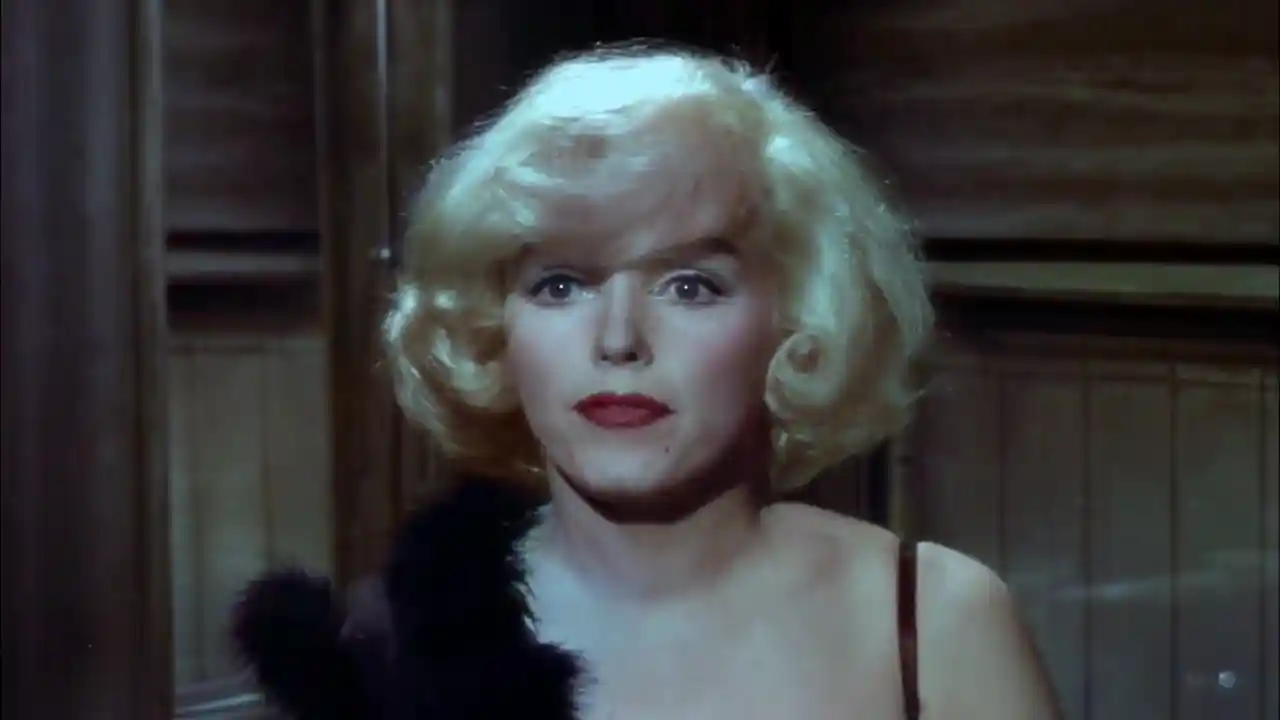20 Best Classic Films in Color: Timeless Cinematic Journey
Whether you’re a fervent admirer of vintage cinema or a newcomer eager to explore the roots of film history, we’ve curated a list of timeless classics that transcend eras. These cinematic gems promise to whisk you away on a colorful journey through the magic of storytelling. Whether you’re in the mood for an early romantic comedy (Roman Holiday in Color), a riveting drama chronicling organized crime (Touch of Evil in Color), or a psychological thriller that redefined horror standards (Psycho in Color), this collection has it all. Indulge in these cinematic masterpieces that not only evoke nostalgia but also add a burst of vibrant hues to your movie-watching experience, making you the life of any gathering.
Casablanca in Color (1942)
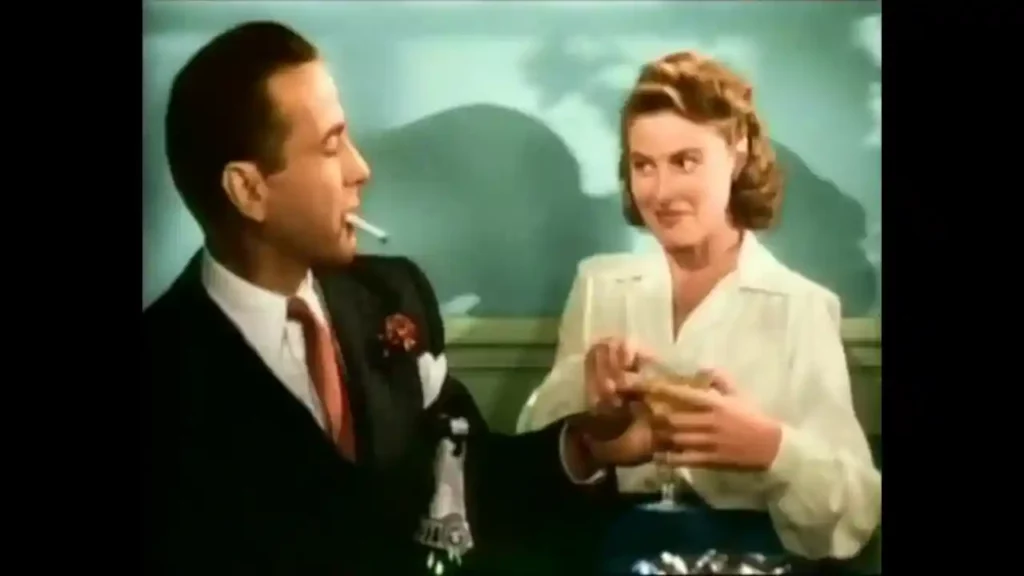
Casablanca stands shoulder to shoulder with The Godfather for having one of the most quoted screenplays in classic film history. Directed by Michael Curtiz, this World War II classic pairs the radiant Ingrid Bergman with the rugged Humphrey Bogart, unfolding a tale of love torn apart by war and rekindled in a Moroccan piano bar—truly a gem among all the gin joints in the world.
Citizen Kane in Color (1941)
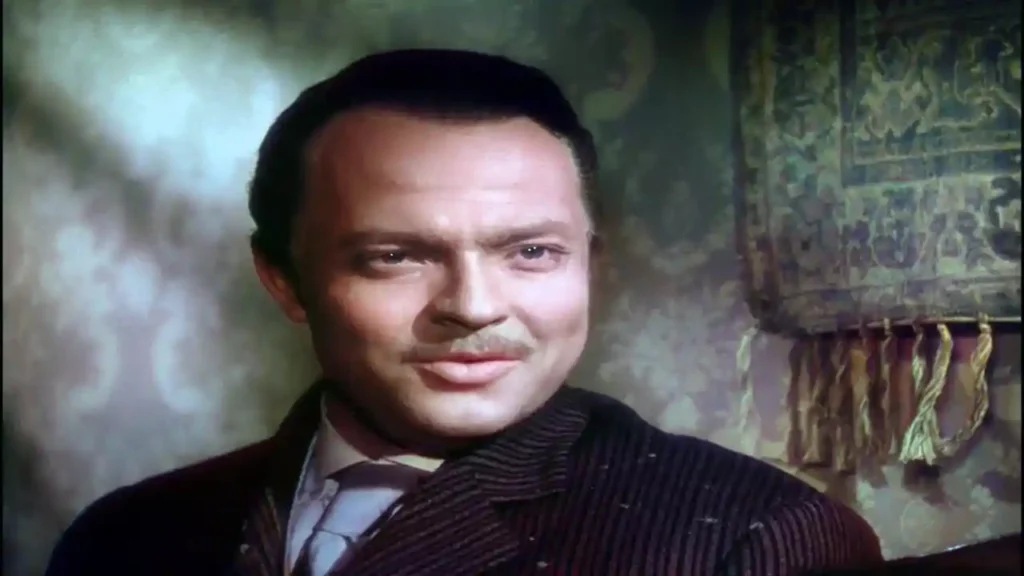
Living up to the title of “best film ever made,” Orson Welles’ portrayal of a mad publishing tycoon reshaped the classic films industry. The film’s pioneering use of deep focus and chiaroscuro lighting, inspired by the life of William Randolph Hearst, keeps viewers captivated. Dive into the mystery surrounding “Rosebud” and witness the brilliance of cinematic innovation.
Psycho in Color (1960)
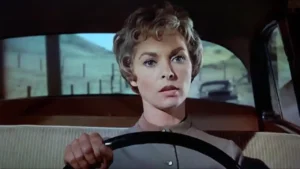
Alfred Hitchcock’s foray into exploitation cinema marked him not just as the Master of Suspense but also the Master of Marketing. Psycho, his most notorious film, forever changed our perception of showers. Anthony Perkins’s portrayal of Norman Bates remains etched in our memories, and Bernard Herrmann’s screeching strings set new standards for movie scores.
Laura in Color (1944)
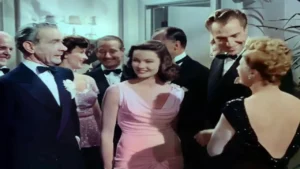
Otto Preminger’s Laura, blending film noir with family melodrama, casts the enchanting Gene Tierney as the titular character—a murder victim whose story captivates a detective. The twisty tale, featuring Clifton Webb and Vincent Price in supporting roles, unfolds with a vibrant palette, adding a colorful layer to the noir genre.
The Best Years of Our Lives in Color (1946)
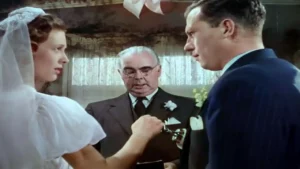
William Wyler’s World War II film, a gold standard for stories about soldiers returning home, immerses viewers in the challenges of reintegrating into civilian life. Real war veteran Harold Russell’s presence adds authenticity to the film, earning him an Honorary Oscar for his compelling performance.
Roman Holiday in Color (1953)
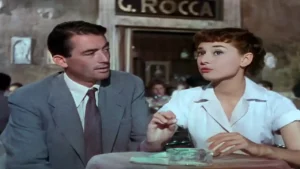
Gregory Peck and Audrey Hepburn embark on a captivating exploration of Rome in William Wyler’s film. Peck, playing a journalist, crosses paths with Hepburn, an incognito princess yearning for freedom. Hepburn’s Oscar-winning performance elevates this enchanting romance, making it one of the most beloved classics of all time.
Seven Samurai in Color (1954)
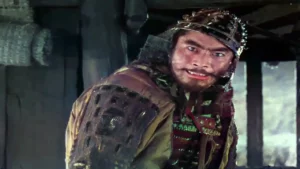
Acclaimed director Akira Kurosawa’s masterpiece, Seven Samurai, unfolds the tale of a village plagued by bandits seeking protection from seven samurai. A seminal work of filmmaking, this story inspired the Western classic, The Magnificent Seven. Experience the vibrant visuals that breathe new life into this timeless epic.
Some Like It Hot in Color (1959)
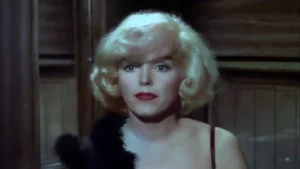
Marilyn Monroe shines in Billy Wilder’s cross-dressing comedy, showcasing her sharp comedic talent. Alongside Tony Curtis and Jack Lemmon, who don drag to escape mob assassins, Monroe’s performance in Some Like It Hot adds a splash of color to one of the funniest films of the 20th century.
It Happened One Night in Color (1934)
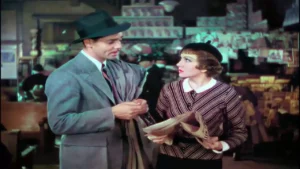
Frank Capra’s fast-talking rom-com, a pioneer of the “screwball comedy” genre, follows Clark Gable and Claudette Colbert on one of the first road movie adventures. The film’s portrayal of a mature, smart relationship remains surprisingly forward-thinking, adding a vibrant touch to classic romantic storytelling.
12 Angry Men in Color (1957)
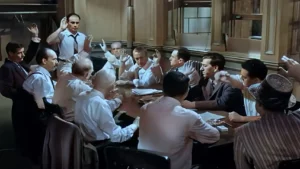
Sidney Lumet’s one-room drama, a tense exploration of jury deliberation, features Henry Fonda convincing fellow jurors to dissent. A captivating character study and lesson in dramatic writing, the film’s vibrant storytelling remains as impactful as ever.
Double Indemnity in Color (1944)
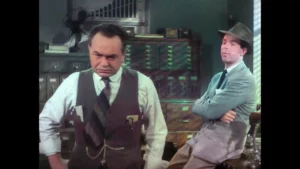
Barbara Stanwyck sizzles as femme fatale Phyllis in Billy Wilder’s film noir masterpiece. Paired with Fred MacMurray, drawn into her web of deceit, the film is both stylish and sexy, presenting classic film noir with a fresh burst of color.
La Dolce Vita in Color (1960)
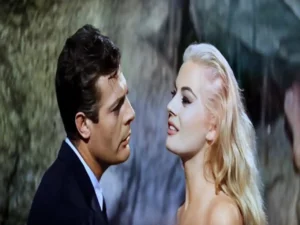
Federico Fellini’s epic unfolds with Marcello Mastroianni at his most charismatic, navigating misadventures with glamorous movie stars in Rome over a week. Anita Ekberg’s iconic scene in the Trevi Fountain takes on new life with a vivid burst of color, making this journey through decadence and celebrity all the more mesmerizing.
The Lady Vanishes in Color (1938)
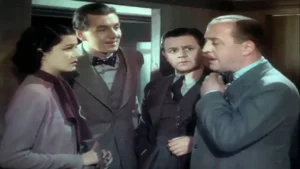
Produced in Hitchcock’s native England, The Lady Vanishes showcases the director’s mastery of mystery storytelling. Margaret Lockwood stars as the spunky Iris, investigating the disappearance of a fellow passenger aboard a sleeper train in wintry Eastern Europe. Hitchcock’s good humor and suspenseful narrative come to life in vibrant color.
On The Waterfront in Color (1954)
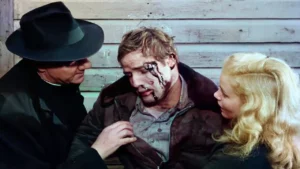
Marlon Brando’s unforgettable performance as Terry Malloy, fighting corruption on the waterfront, takes on new depth in Elia Kazan’s film. Brando’s realism, taught by Stanislavski, earned him a Best Actor Oscar, and the film scored seven other statues. Experience the gritty drama with an added layer of color intensity.
Rebecca in Color (1940)
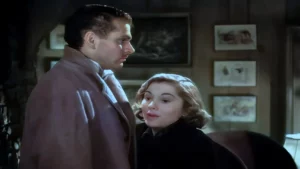
Hitchcock’s first American film, Rebecca, unfolds as a classic psychological mystery thriller with Joan Fontaine trapped in an isolated mansion haunted by her husband’s deceased first wife. The film’s atmospheric suspense and haunting visuals come alive in a spectrum of colors, enhancing its timeless appeal.
All About Eve in Color (1950)
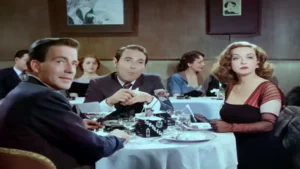
Joseph Mankiewicz’s drama of dueling divas, starring Bette Davis and Anne Baxter, becomes even more memorable with a vibrant burst of color. The clash between two actresses vying for the spotlight takes on new life, creating a visually stunning portrayal of ambition and rivalry.
The Night of the Hunter in Color (1955)
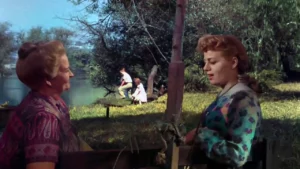
Robert Mitchum’s chilling portrayal of the remorseless Harry Powell, a minister turned killer, is enriched with thematic nuances and symbolism. James Agee’s screenplay, presented in color, adds an extra layer of complexity to this haunting tale of love and hate.
Sunset Boulevard in Color (1950)
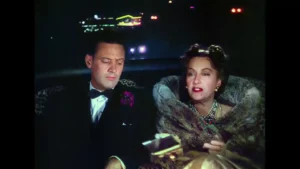
Billy Wilder’s classic Hollywood murder mystery, with Gloria Swanson as the aging silent-era actress Norma Desmond, gains a newfound vibrancy in color. The story, unfolding backward from the discovery of a body in the pool, takes on a visually stunning quality, emphasizing the timeless allure of Sunset Boulevard.
The Apartment in Color (1960)
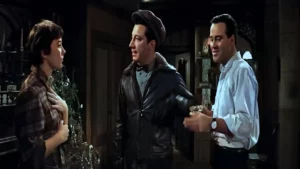
Jack Lemmon’s poignant performance in Billy Wilder’s The Apartment, filled with pathos, is now presented with an additional layer of visual richness. Lemmon’s character, entangled in romantic complexities, navigates the colorful nuances of corporate affairs and personal connections.
The Philadelphia Story in Color (1940)
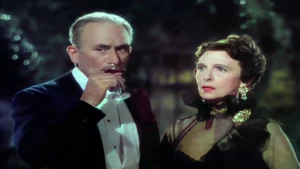
Katharine Hepburn, Cary Grant, and Jimmy Stewart’s classic romantic romp in The Philadelphia Story becomes even more charming with a vibrant burst of color. The high society escapades, entangled relationships, and witty banter take on a new dimension, inviting audiences to experience the magic of this timeless classic in full color.
Explore these cinematic treasures, now revitalized with a spectrum of colors, and let the magic of storytelling captivate you anew.

